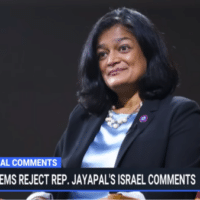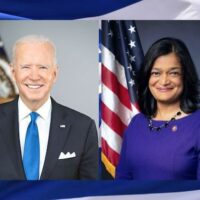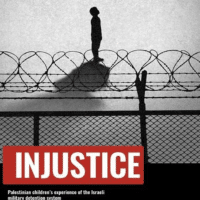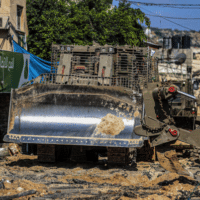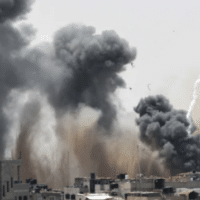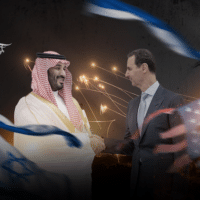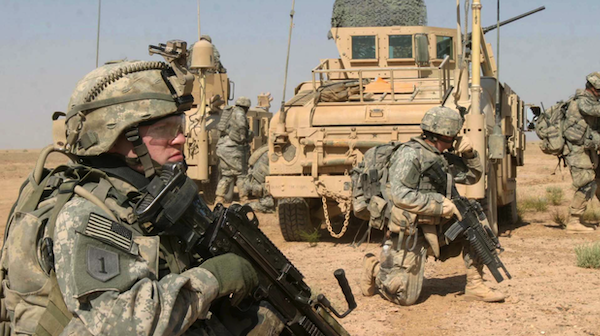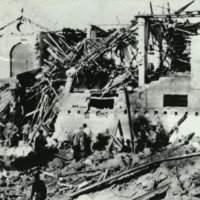-
A primer on the occupation of Western Sahara
As Israel recognizes the sovereignty of Morocco over Western Sahara, it is imperative that we stand in solidarity with the indigenous Sahrawis and their right to self-determination.
-
Biden is risking war with Iran—and the media is ignoring the danger
The Biden administration plans to station Marines on commercial ships in the Persian Gulf. This could trigger war with Iran, but most of the mainstream U.S. press is not paying attention.
-
Jewish supremacy won’t end from within. BDS is still the only hope.
Israelis will never dismantle a system of domination that works for them. That’s why the end of Jewish supremacy in Palestine will only come from external pressure—and BDS represents that hope.
-
DC Uniparty kills House resolutions to end U.S. emergency powers in Iraq, Syria, Libya and Yemen
In a massive show of support for limitless executive power, Congress rejected legislation that would have terminated national emergency powers allowing Washington to wage war across the Middle East. These same emergency powers give the president the power to lift bans on testing biological weapons on U.S. citizens.
-
Syria: a tale of plunder and resurrection
While the wholesale theft of Syria’s natural resources continues under the watch of illegal U.S. troops, the Russian project of resurrecting ISIS-destroyed Palmyra stands as a stark reminder that ruins can rise again-if Syria’s friends help pave the way.
-
American Anthropological Association endorses academic boycott of Israel
Members of the American Anthropological Association overwhelmingly endorsed a resolution to boycott Israeli academic institutions with 71% of members supporting the measure.
-
Right-Wing has not tried to suppress teaching the history of anti-imperialist movements because they are rarely discussed in any course
Most Americans Don’t Know About the Real Patriots Who Opposed the Nation’s Forever Wars Going Back to the 19th Century.
-
Covering ‘Racist State’ backlash—but not the reality that Israel is a racist state
When Rep. Pramila Jayapal (D.—Wash.) called Israel a “racist state” at the Netroots Nation conference, corporate media dutifully covered the political backlash—but scrupulously avoided evaluating the veracity of Jayapal’s statement.
-
Biden, Jayapal, and liberal Zionists rush to prop up the Israel lobby for 2024
Liberal Zionists rushed to affirm their support for Israel and hatred of anti-Zionism in the wake of the Pramila Jayapal “racist state” comment because they are afraid the Israel lobby will abandon the Democratic party.
-
Caged, stripped, beaten: Latest ‘Save the Children’ report on Palestine makes chilling read
According to a just-released report by the international rights organization, Save the Children, four out of five Palestinian children in the Israeli military detention system are beaten and 69 per cent are strip-searched.
-
‘The gravity of the situation cannot be overstated’: an eyewitness account from the Israeli assault on Jenin
As the occupation relentlessly tightens its grip on the Jenin refugee camp, the message is crystal clear–punish the stronghold of popular resistance. But they will not succeed and will only breed a new generation to carry the torch.
-
Israel cannot rebut apartheid: The Twenty-Sixth Newsletter (2023)
Israeli violence against Palestinians is not new, but it has been escalating rapidly.
-
Jewish identity beyond Israel
Abba A. Solomon’s new book, “Miasma of Unity: Jews and Israel,” chronicles the search for a Jewish identity not inextricably tied to Israeli Apartheid.
-
Spy on your fellow (pro-Palestinian) students to get a scholarship
Friends of Simon Wiesenthal Center for Holocaust Studies (FSWC) offers scholarships to proponents of the world’s most aggressive European settler colonial outpost. It’s a small part of a broader campaign to harass internationalist activism at Canadian universities.
-
Lawmakers attack CUNY law grad for criticizing Israel in commencement speech
Fatima Mohammed’s criticism of Israel, white supremacy, and the NYPD have led to public condemnations from U.S. politicians and pro-Israel groups. Many are calling for the university to be defunded over the speech.
-
‘Apartheid’ designation ignored as Israel kills children in Gaza AGAIN
Israel’s recent bombing of the Gaza Strip from May 9–13 killed 33 Palestinians, including seven children. FAIR looked at coverage of these attacks from the Washington Post, New York Times and CNN, and didn’t find a single reference to Israel as an apartheid state, despite this being the consensus in the human rights community.
-
The U.S. continues to lose Middle East power and ‘Tel Aviv’ makes things worse
If the U.S. wishes to navigate its way in a world where it no longer rules, but shares power with China, it must reconnect with reality.
-
‘Beautiful Dreams’: The 5-year-old Palestinian kindergartener who died of fear
Mohammed is still grieving, and he cannot help thinking about what life would have been if Tamim was still alive, disassembling and reassembling his toys, his head filled with beautiful dreams.
-
U.S. post-9/11 wars caused 4.5 million deaths, displaced 38-60 million people, study shows
Wars the U.S. waged in Iraq, Afghanistan, Syria, Yemen, and Pakistan following September 11, 2001 caused at least 4.5 million deaths and displaced 38 to 60 million people, with 7.6 million children starving today, according to studies by Brown University.
-
The ongoing Nakba means ongoing resistance
The “ongoing Nakba” means that the Zionist drive to expel and eliminate the Palestinian people continues to this day. That is why Palestinian resistance to Zionism will remain as long as Zionism exists.

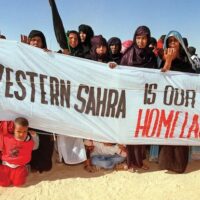
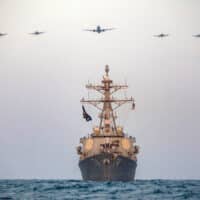
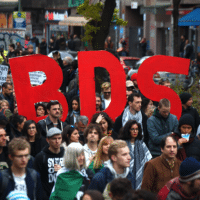
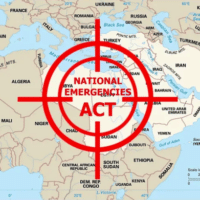
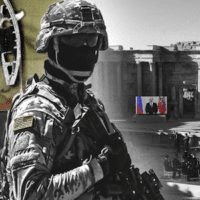

![Meeting of the Anti-Imperialist League circa. 1900. [Source: zloetscher001.weebly.com]](https://mronline.org/wp-content/uploads/2023/07/Screenshot-2023-07-23-at-112542-AM-200x200.png)
